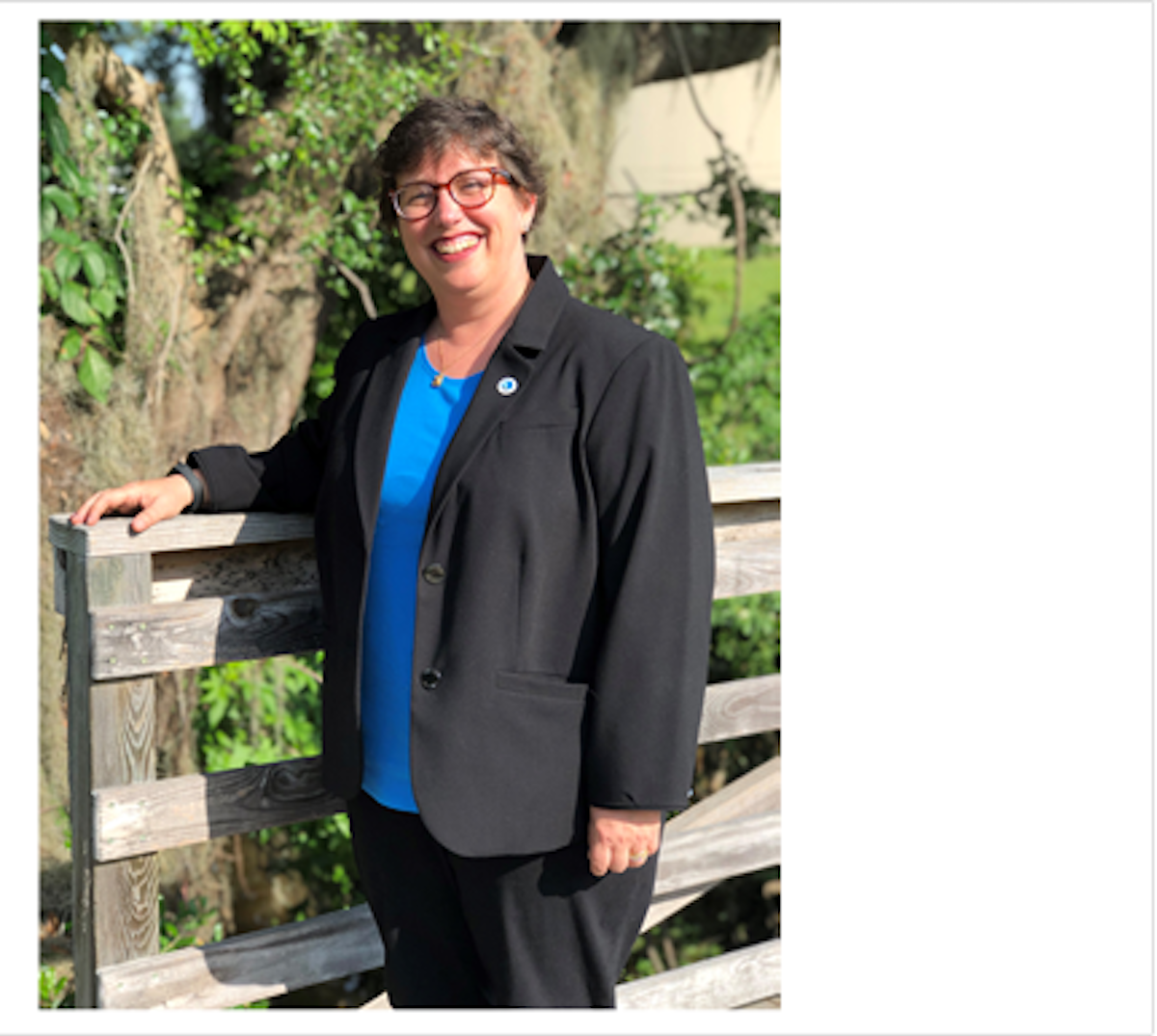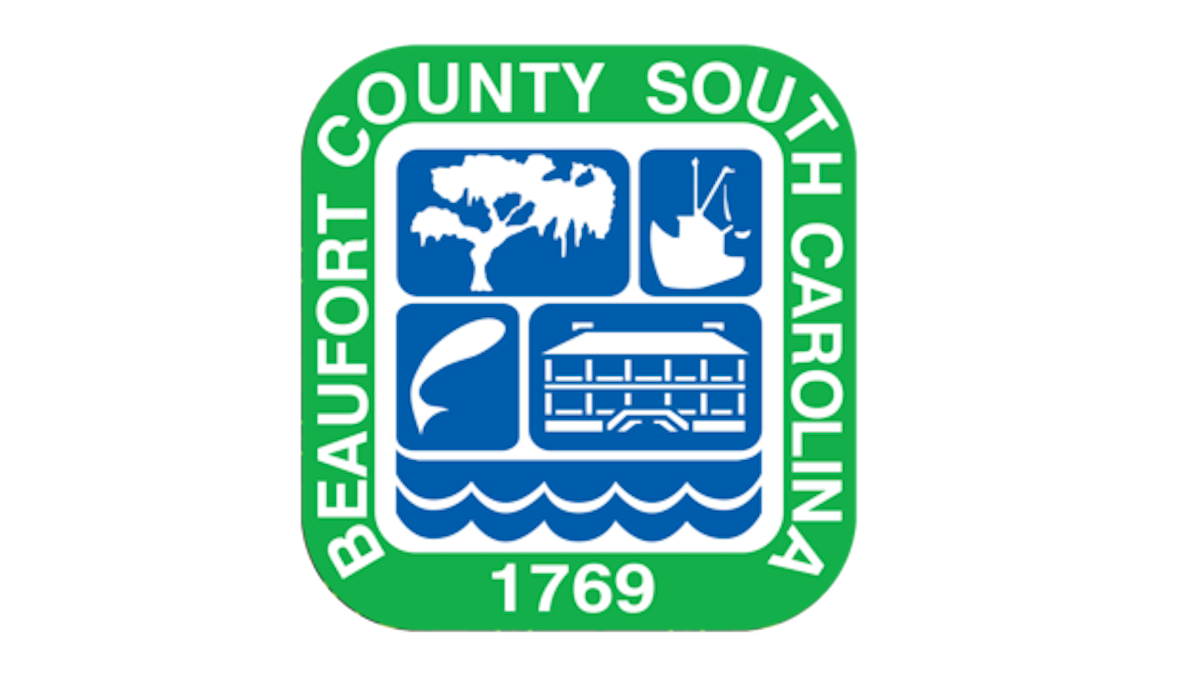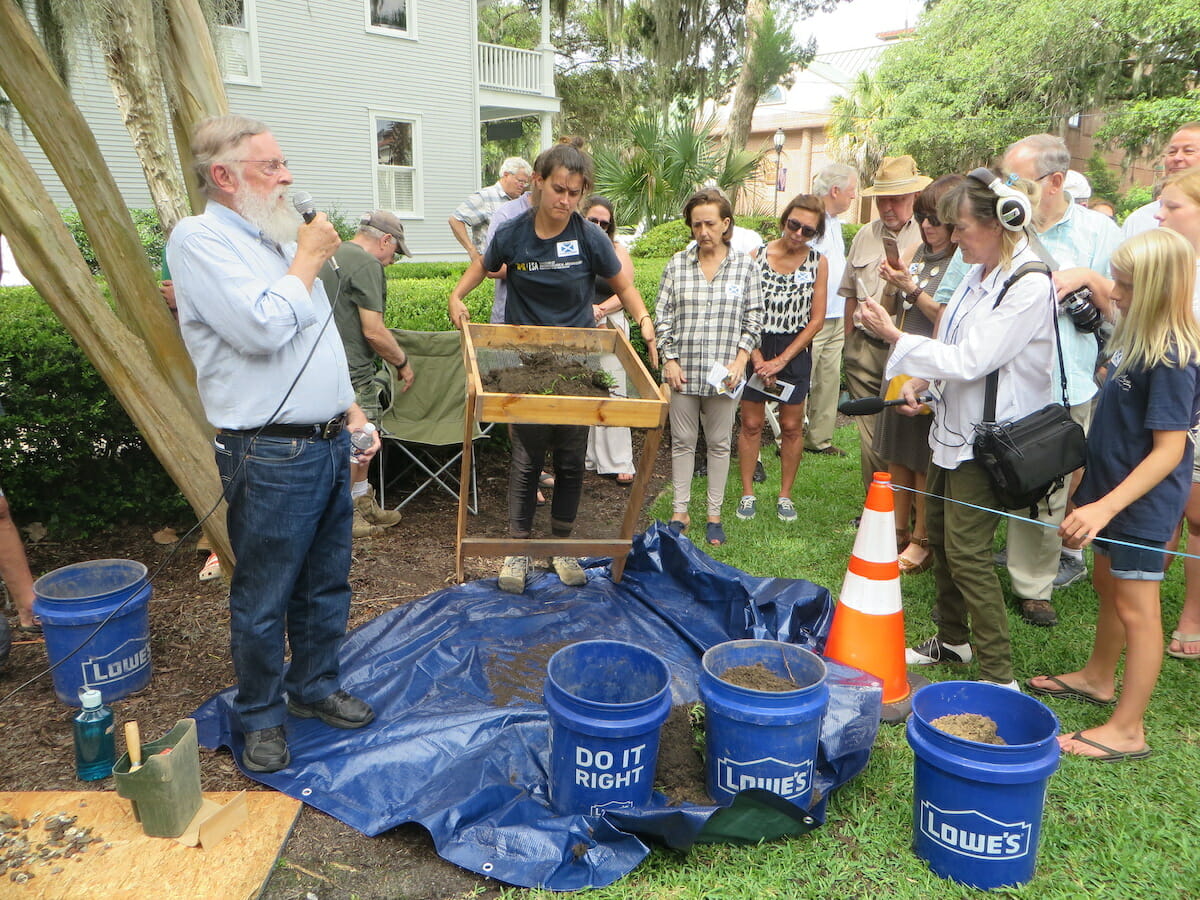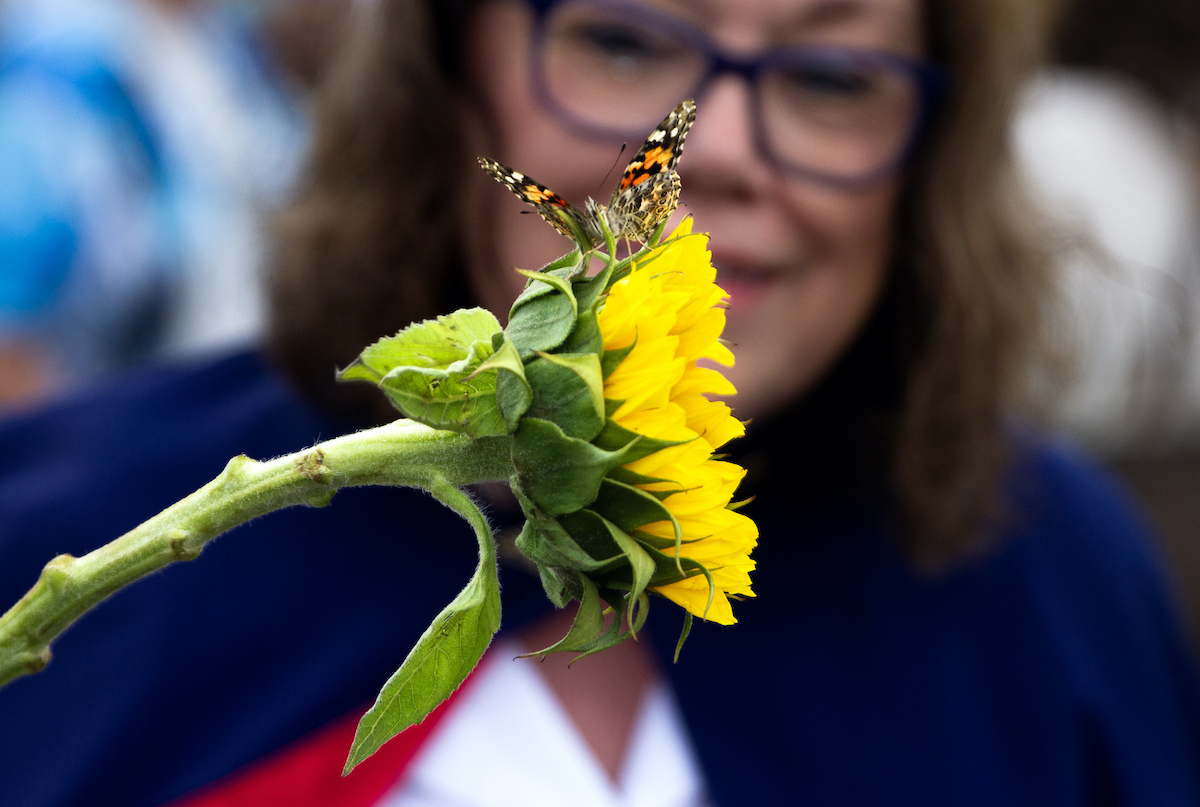From staff reports
Beaufort-Jasper Water & Sewer Authority’s (BJWSA) Director of Technology and Innovation, Tricia H. Kilgore, P.E., will join 17 emerging leaders from water and wastewater utilities across the United States as a 2022-23 Fellow of Duke University’s highly competitive Water Innovation Leadership Development (WILD) executive education program.
Utility managers accepted into the program are faced with multiple challenges, including improving water equity and affordability, developing solutions to aging infrastructure and revenue shortfalls and creating community resiliency to the impacts of climate change. The WILD program’s goal is to provide these leaders with training and resources to embrace new practices and implement innovative solutions to these and other pressing issues.
In her role at BJWSA, Kilgore is the lead for executing the revision of the Environmental Protection Agency’s (EPA) Lead & Copper Rule, a regulation to identify and mitigate lead service lines across the country. She also heads the Sustainability Program, currently aimed at adding additional solar arrays at two more treatment plants toward a goal of clean water from clean energy for a carbon footprint reduction.
Kilgore serves as the President of the South Carolina Section of the WateReuse Association and received AT&T and GovTech magazine’s Special Districts’ Leadership Award for Technology Innovation in 2021 for her collaboration with the BJWSA Sustainability ad hoc committee.
She worked as a regulator at SCDHEC and as an engineering consultant before joining the utility side in 2008. At BJWSA, she has worked as Capital Projects Manager and Director of Treatment Operations where she oversaw operation and compliance for two drinking water plants, eight wastewater plants, a dozen wells and the lab. Kilgore has engineering degrees from Virginia Tech and Loughborough University in the UK.
Industry experts and leading researchers will facilitate the sessions for Fellows, but peer-to-peer learning is a staple of the program, Professor of River Systems Science and Policy at Duke’s Nicholas School of the Environment Martin Doyle, who is WILD’s faculty lead.
“The idea is to help emerging leaders build a network of peers they can brainstorm with and seek advice from, even long after the program ends,” Doyle said.
In addition to monthly virtual meetings and two three-day workshops on the Duke campus, each Fellow will conduct a solo capstone project in line with their career goals or current professional projects. While individual projects may extend past the end of the program, the cohort will serve as an active part in the success of each Fellow’s capstone. The capstones will act as case studies for Fellows to learn from one another and as a vessel for individuals to practice networking and collaborative problem-solving.








